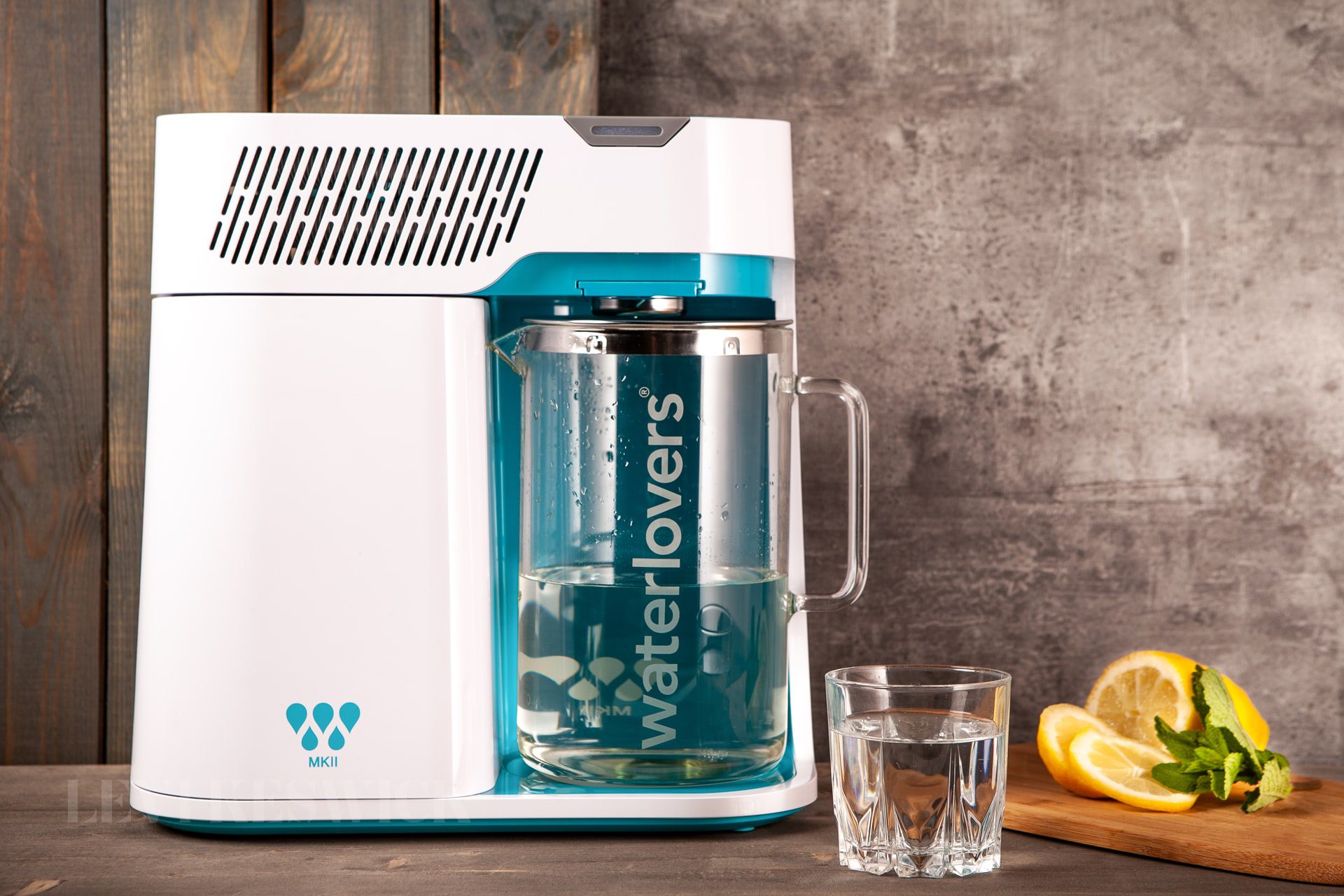There are several ways water can be contaminated. However, two are the most common. Pathogens are organisms such as bacteria, viruses, larvae, and so on. They can enter the water systems and contaminate drinking water. Besides pathogens, the next contaminating agents are chemicals such as pesticides, detergents, etc. Given the fact the tap water that we have at our homes can often be a subject of contamination and thus a cause of various diseases, it seems it is essential that we take some water treatment measures to get better and cleaner water. To that end, here are 6 effective household water treatments that you should consider!

Filtration
We use filtration usually after sedimentation to lessen turbidity and kill bacteria. The filtration process is based on the principle of water cleansing by means of filter media. In other words, water passes through filters and leaves the contaminating agents into the filter. Now, there are different ways how filtration filters the water. For instance, particles and bigger pathogens are stopped in the narrow pores of a filter. Similarly, smaller pathogens can be absorbed and killed by the filter.
There are different kinds of filters that you can use in the water filtration process. For example, these include bio-sand filters, membrane filters, and the like. Generally speaking, filtration is considered to be a safe, cheap, and easy way to improve the quality of water. In that sense, it is one of the most widely spread methods of water treatment at the household level.
Ionization
Due to various contaminating agents, water can often become slightly acidic. However, water should always be alkaline. The benefits of alkaline water are numerous, especially in terms of your overall health. The key factor closely related to alkaline water is its pH level of it. The higher it is, the water is more alkaline. If the pH levels of your water happen to be rather low, then you may use water ionizers to get the pH levels you want and ensure the water quality is good for you. Water ionizers can often come in handy and are usually fully customizable and designed to provide you with the best-alkalized water available.
Chlorination
The next effective way to free your water from pathogens is to subject it to disinfection. Disinfection involves bacteria and virus removal by means of certain disinfection agents. There are many different disinfectants. For example, chlorine is a chemical widely used in disinfection, and chlorination is the most common way of getting rid of most pathogens.

Pasteurization
Pasteurization is yet another way you can effectively disinfect your water. It is a process whereby water is disinfected by means of heat. In that sense, boiling is certainly the most common and known method. Not only does boiling disinfect your water, but it also softens it. It does so by dissolving minerals out of water.
In that way, it reduces calcium levels in the water and makes it softer. However, although disinfection and softening improve the quality of water, the very boring process may take both time and energy for heating the water. Nonetheless, boiling still remains one of the most cost-effective ways to treat your water.
Solar water disinfection
Disinfection can also involve some other more natural ways. For instance, natural sunlight is capable of disinfection to an extent. This is also referred to as SODIS (Solar water disinfection). It is a way that uses solar energy to render biologically contaminated water safe to drink.
This process is commonly done by means of electricity generated by solar panels, heat (solar thermal), and UV light. These components are capable of disinfection and are also natural and cheap. For these reasons, solar water disinfection is most widely used, but mostly in developed countries.
Straining water through a cloth
Straining water through cloth is definitely the cheapest, simplest, and easiest way of water treatment. What is more, it is the oldest of the ways mentioned in this list. The process of staining is done by using a thick cotton cloth. This cloth will remove much of the impurities from water and improve its quality. However, it should be pointed out that it cannot disinfect already contaminated water, but only remove large pathogens such as larvae, and so on.
The water we drink can have a paramount effect on our well-being. What is more, it can even affect the way we feel, our mood, and our energy. To that end, it is critical that we have a clean, high-quality, and healthy glass of water at our disposal at all times in our days!













